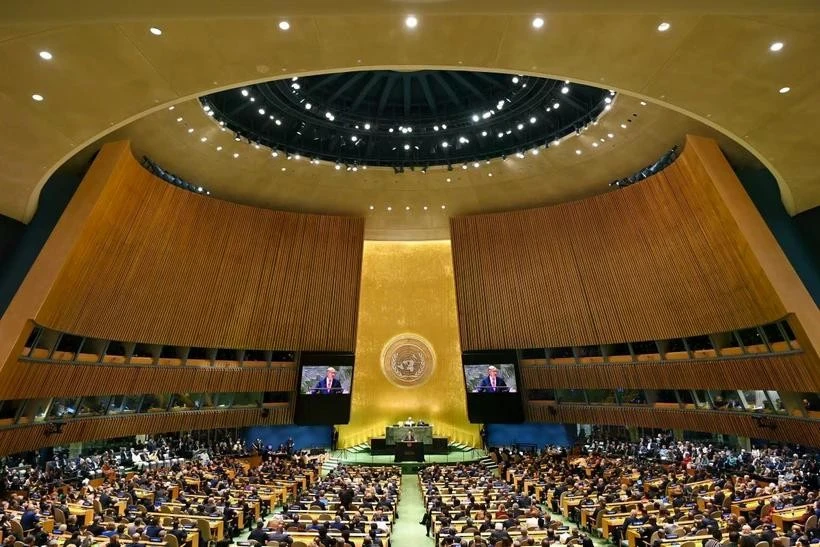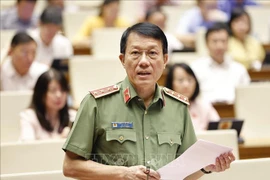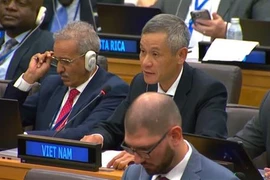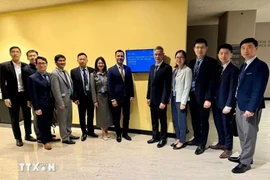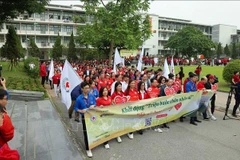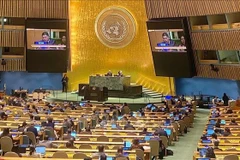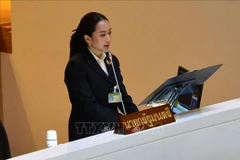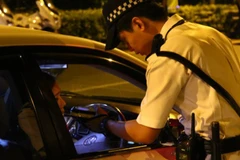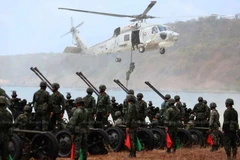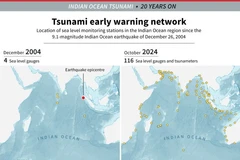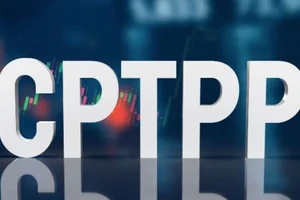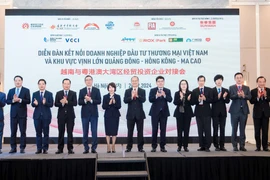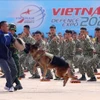New York (VNA) - The United Nations General Assembly (UNGA) on December 24 adopted the UN Convention against Cybercrime, a landmark global treaty aimed at strengthening international cooperation to combat cybercrime and protecting societies from digital threats.
As the convention will open for signature at a formal ceremony to be hosted in Hanoi, in 2025, it will be named “Hanoi Convention”.
In addition to the limitless benefits and potential for human development, digital technology also presents numerous risks and security risks, threatening the sustainable development of most nations. The alarming rise in cybercrime, in terms of scale, complexity, and estimated impact, is projected to cause global economic losses of approximately 8 trillion USD in 2023. The figure is forecast to increase to 10.5 trillion USD by 2025 - larger than the GDP of most of the world's biggest economies.
In this context, the Hanoi Convention plays a crucial role in establishing a comprehensive legal framework that addresses the urgent need for international cooperation to promote the rule of law in cyberspace.
The UN's decision to choose Hanoi as the venue for the signing ceremony marks a significant milestone in Vietnam's multilateral diplomacy and 47 years of partnership between Vietnam and the UN. For the first time, a location in Vietnam will be associated with a global multilateral treaty related to an important field of international concern. This selection reflects the country's increasingly high international position and reputation, as well as its active, responsible, and substantial participation in the entire negotiation process of the convention.
Hosting the signing ceremony also provides an opportunity for Vietnam to further strengthen its role as a responsible and trusted member of the international community, allowing it to actively promote multilateralism, lead efforts in shaping global digital governance frameworks, ensure cybersecurity, and safeguard national sovereignty in cyberspace. This event is expected to lay the groundwork for successfully implementing the digital transformation strategy and preparing Vietnam to enter a new era – the era of the nation’s rise.
The convention, consisting of nine chapters and 71 articles, is the result of nearly five years of continuous and prolonged negotiations among member states to establish a comprehensive multilateral legal framework to combat this dangerous form of crime. Nearly 20 years after the UN Convention on Transnational Organised Crime, the international community now has a new multilateral legal framework to address crimes in cyberspace./.
